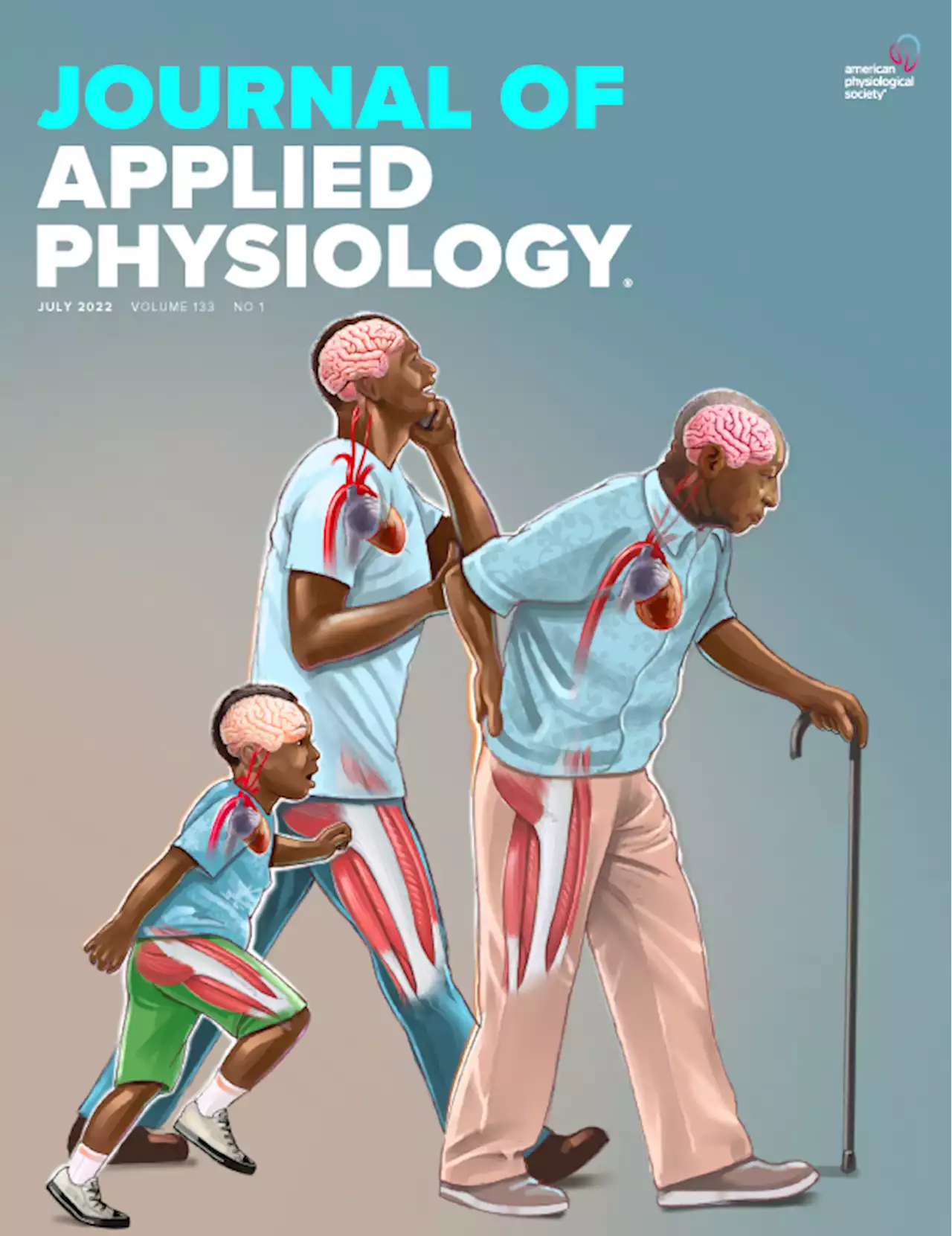Almost two-thirds of students who took part in a survey say they have had an unwanted sexual experience
More than 1,000 students from QUB and UU completed a survey into their sexual experiences
The UNSEENATUNI research aimed to identify the prevalence of unwanted sexual experiences among students attending Northern Irish universities. The majority of participants were women - although about 20% were men - and about three-quarters were undergraduates. "A further concern is that many had not disclosed this experience to their university and were unaware of university sexual misconduct policies or where to find them, emphasising that current pathways to support remain unclear for those who need it most," the report said.
The report said that most students "agreed that a person cannot consent fully when alcohol is involved and should not be blamed if they are subjected to a USE when alcohol is involved".
Belgique Dernières Nouvelles, Belgique Actualités
Similar News:Vous pouvez également lire des articles d'actualité similaires à celui-ci que nous avons collectés auprès d'autres sources d'information.
 Sex differences in human running performance: smaller gaps at shorter distances? | Journal of Applied PhysiologyHuman, but not canine or equine running performance, is significantly stratified by sex. The degree of stratification has obvious implications for classification and regulation in athletics. However, whether the widely cited sex difference of 10-12% applies equally to sprint and endurance running events is unknown. Here, different determining factors for sprint (ground force/body mass) vs. endurance performance (energy supply & demand) and existing trends, led us to hypothesize that sex performance differences for sprint running would increase with distance and be relatively small. We quantified sex performance differences using: 1) the race times of the world's fastest males and females (n=40 each) over a 15-year period (2003-2018) at nine standard racing distances (60-10,000m), and 2) the 10-meter segment times of male (n=14) and female (n=12) athletes in World Championship 100-meter finals. Between-sex performance time differences increased with sprint event distance [60m-8.6%, 100m-9.6%, 200m-11.0%, 400m-11.7%] and were smaller than the relatively-constant mean (12.4±0.3%) observed across the five longer events from 800-10,000 meters. Between-sex time differences for the 10-meter segments within the 100-meter dash event, increased throughout spanning 5.6% to 14.2% from the first to last segment. We conclude that sex differences in sprint running performance increase with race and running distance.
Sex differences in human running performance: smaller gaps at shorter distances? | Journal of Applied PhysiologyHuman, but not canine or equine running performance, is significantly stratified by sex. The degree of stratification has obvious implications for classification and regulation in athletics. However, whether the widely cited sex difference of 10-12% applies equally to sprint and endurance running events is unknown. Here, different determining factors for sprint (ground force/body mass) vs. endurance performance (energy supply & demand) and existing trends, led us to hypothesize that sex performance differences for sprint running would increase with distance and be relatively small. We quantified sex performance differences using: 1) the race times of the world's fastest males and females (n=40 each) over a 15-year period (2003-2018) at nine standard racing distances (60-10,000m), and 2) the 10-meter segment times of male (n=14) and female (n=12) athletes in World Championship 100-meter finals. Between-sex performance time differences increased with sprint event distance [60m-8.6%, 100m-9.6%, 200m-11.0%, 400m-11.7%] and were smaller than the relatively-constant mean (12.4±0.3%) observed across the five longer events from 800-10,000 meters. Between-sex time differences for the 10-meter segments within the 100-meter dash event, increased throughout spanning 5.6% to 14.2% from the first to last segment. We conclude that sex differences in sprint running performance increase with race and running distance.
Lire la suite »
 Police appeal over sexual assault report in GrimsbyReports suggest a woman was followed and inappropriately touched in public
Police appeal over sexual assault report in GrimsbyReports suggest a woman was followed and inappropriately touched in public
Lire la suite »
 TV stolen in reported Nottingham student accommodation burglaryPolice want to speak to two men about the incident
TV stolen in reported Nottingham student accommodation burglaryPolice want to speak to two men about the incident
Lire la suite »
 China’s infosec researchers may have dodged vuln report ban`China's infosec researchers obeyed Beijing and stopped reporting vulns ... or did they?
China’s infosec researchers may have dodged vuln report ban`China's infosec researchers obeyed Beijing and stopped reporting vulns ... or did they?
Lire la suite »
 Newtownards man has never looked back after becoming a carer in his 50s“My jokes are terrible but I leave them with a joke, leaving that person comfortable, knowing that he's been well washed, changed and fed – and smiling.' sp
Newtownards man has never looked back after becoming a carer in his 50s“My jokes are terrible but I leave them with a joke, leaving that person comfortable, knowing that he's been well washed, changed and fed – and smiling.' sp
Lire la suite »
